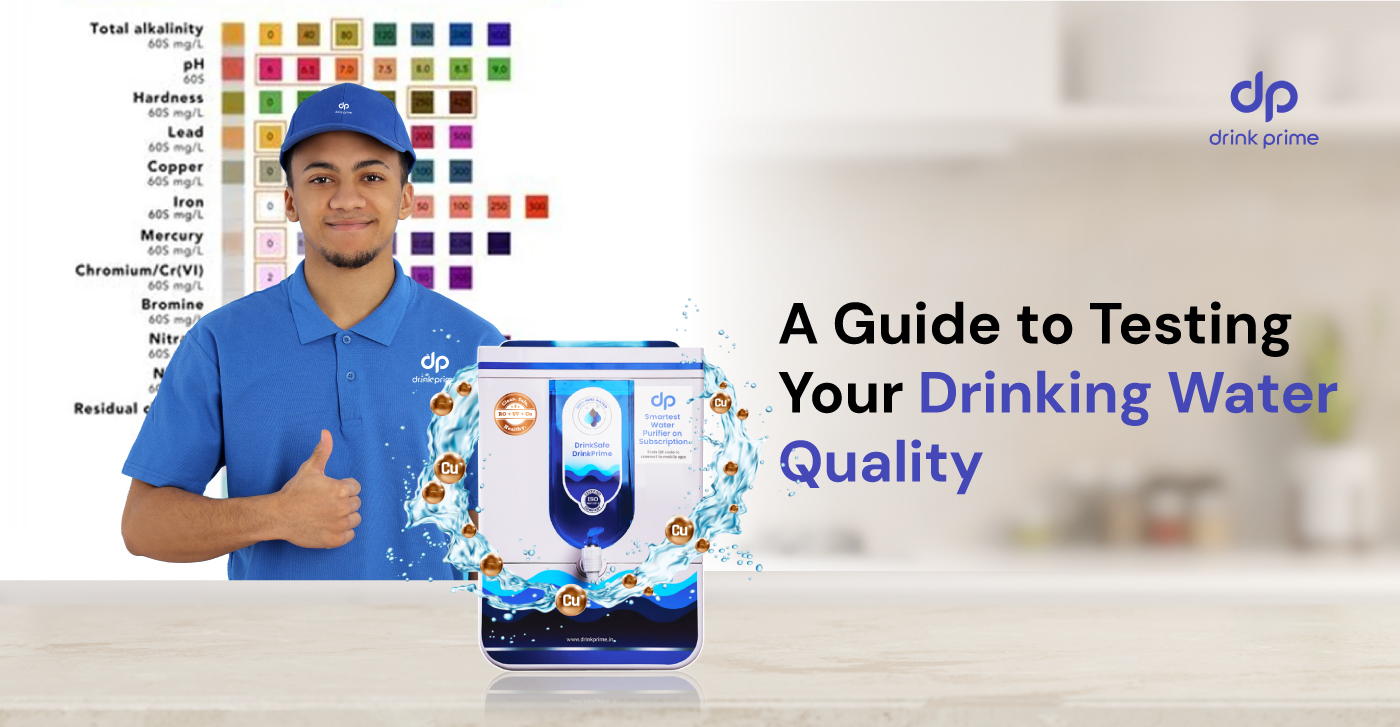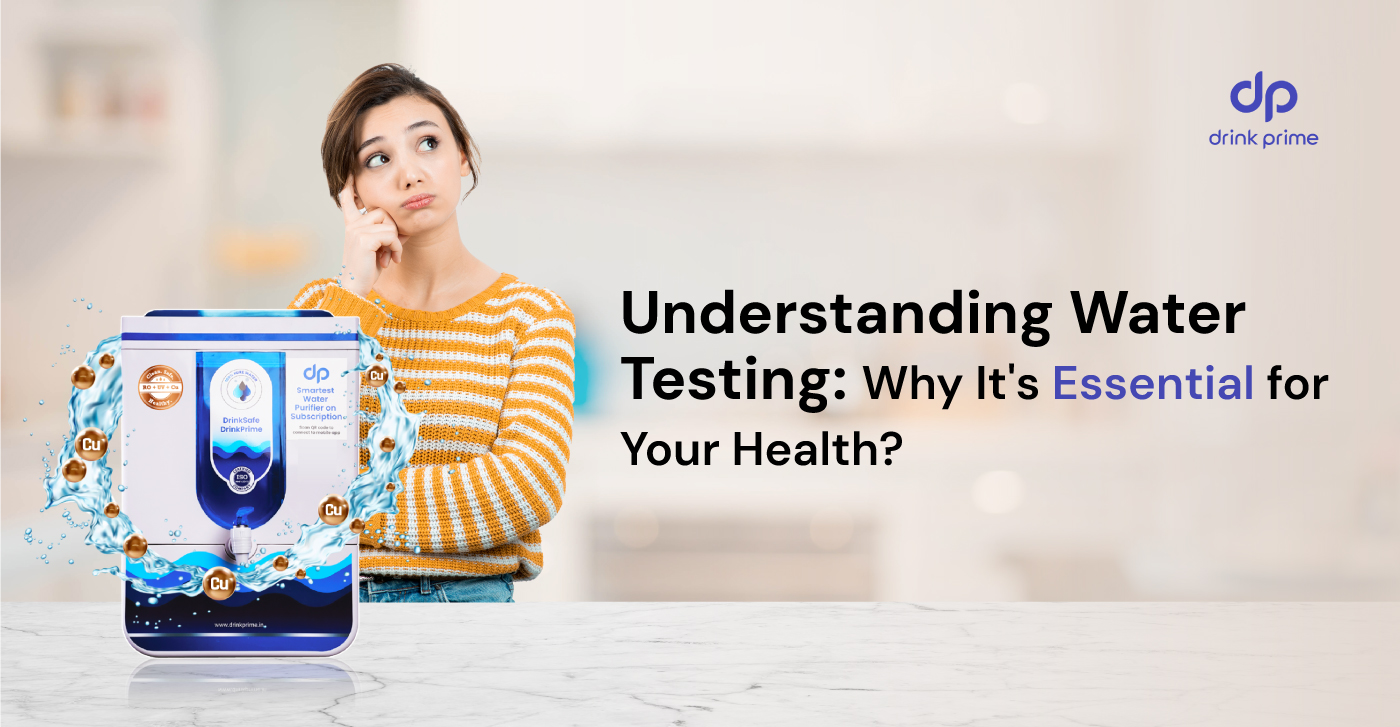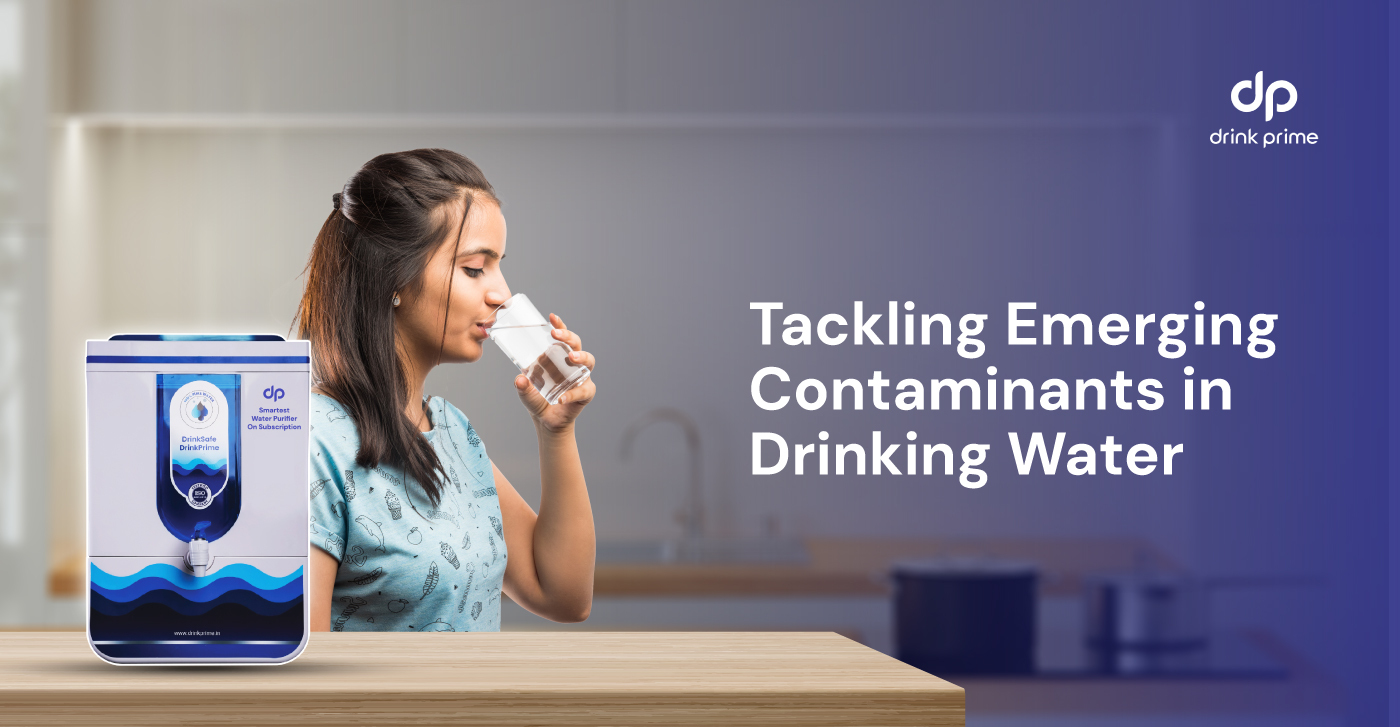We have all heard the old traditional advice, “Drink more water!” While staying hydrated is important for good health, as we all know, there is something that doesn’t get talked about enough. Are you wondering what it could be? It’s overhydration! Yes, you have read it right: overhydration, drinking too much water, can be harmful sometimes.
Drinking water regularly makes sure that your body can regulate temperature, prevent constipation, flush out all toxins, and much more. When it comes to overhydration, it is also known as water intoxication or water poisoning, which usually occurs when you consume more water than your kidneys can process; hence, it effectively leads to an electrolyte imbalance. Besides, in rare cases it can be life-threatening too. So how do you strike the right balance? Read this blog to know more!
What is Overhydration?
Overhydration happens when the body takes in more water than it can excrete, hence leading to an excessive buildup of water in the body. Additionally, this dilutes essential electrolytes, especially sodium, which is responsible for maintaining fluid balance in and around your cells.
When sodium levels drop too low, a condition called hyponatremia sets in. This can additionally cause swelling in your cells, which includes brain cells, leading to potentially dangerous health issues.
Types of Overhydration
Are there different types of overhydration? Surprisingly, yes.
The first type is due to increased water intake. It usually is a type of overhydration that occurs when you consume more water than your kidneys can remove via excretion. The second type of overhydration is due to your body retaining water. This type of overhydration is due to a medical condition that prevents your body from efficiently getting rid of excess water.
Both of these types can essentially allow the water to collect in your bloodstream and dilute your electrolytes, throwing off the delicate balance.
Causes of Overhydration
Excess Water Intake
Hydration is important, but sometimes the body has its own limits in processing fluids. Moreover, drinking water beyond the body’s capacity to remove it can dilute essential electrolytes, disrupting the delicate balance that is required for optimal bodily function.
Athletes and Marathon Runners
At times, athletes and marathon runners drink large volumes of water thinking they are replacing fluids lost through sweat, but without also disturbing electrolytes, which is backfiring.
Electrolyte Imbalance
As we all know, electrolytes play a fundamental role in maintaining fluid balance. So, overhydration can disrupt the equilibrium by diluting all the essential electrolytes, particularly sodium.
Signs and Symptoms of Overhydration
Overhydration can lead to a variety of signs and symptoms that may range from mild to severe. Some of the early signs are feeling vomit, nausea, and constant headaches, which can often be mistaken for other common issues.
So, as water levels in the body rise and sodium levels drop, one may experience confusion or even drowsiness and fatigue. Besides, physical symptoms like muscle cramps, weakness, and swelling in the hands, feet, or lips may also appear as the body struggles to maintain fluid balance. Also, frequent and clear urination is a common indicator that you may be consuming more water than your body needs. But, in extreme cases, this condition can lead to seizures, unconsciousness, or even coma, requiring immediate medical attention.
How Much Water is Too Much?
The studies suggest that the “8 glasses a day” rule is a decent water intake for most, but the truth is that hydration needs vary based on your age, weight, activity level, and overall health. On average, your kidneys can process 0.8 to 1 liter of water per hour. Moreover, consistently drinking more than this, especially within a short period, can overwhelm your digestive system and lead to overhydration. So, rather than just sticking to a rigid number, it is better to adopt a more intuitive approach by simply listening to your body.
Practical Tips to Avoid Overhydration
Listen to Your Body
Sometimes, thirst is your best indicator. So, don’t force yourself to chug the huge gallons of water just because a fitness influencer on the internet says so.
Balance Water with Electrolytes
If you are exercising, sweating, or recovering from illness, then consider drinks that contain potassium, sodium, and other electrolytes.
Watch for Warning Signs
Always make sure to pay attention to bloating, sweating, or frequent, clear urination; these might be signs that you are overdoing it.
Invest in Good a Water Purifier
Make sure to choose a water purifier that does not just provide clean drinking water but is also health-supportive. With DrinkPrime, you get access to safe, mineral-optimised drinking water, perfect for daily consumption without the risks associated with impure or overly treated water.
Summary
In conclusion, staying hydrated is important, but just like everything else in health, balance is key. Overhydration is a subtle yet serious concern that deserves more awareness. By drinking mindfully, understanding your body’s needs, and choosing the right water sources like DrinkPrime, you can stay healthy, energised, and well within the safe hydration zone.




